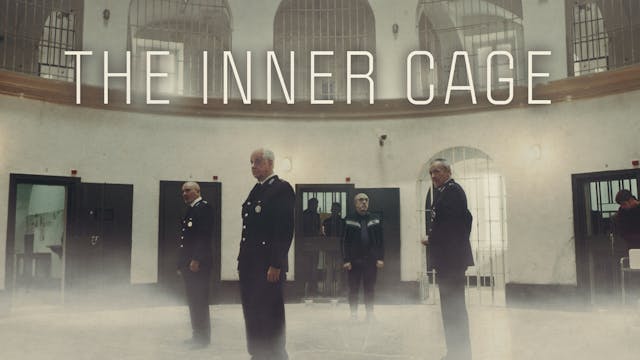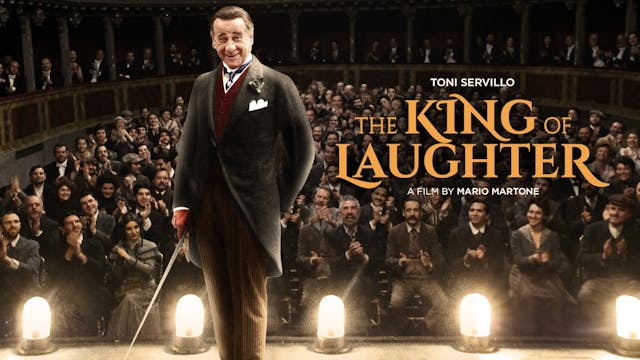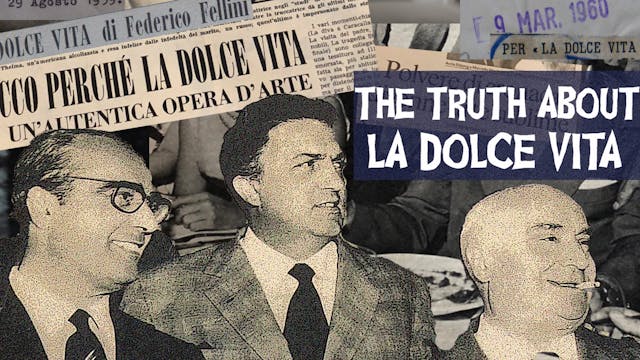Padrenostro
Italian Cinema
•
Drama, Independent
Rome, 1976. Valerio is ten years old and has a lively imagination. His life as a child is turned upside down when, with his mother Gina, he witnesses an attack on his father Alfonso by a terrorist group. From that moment on, fear and a sense of vulnerability leave a dramatic mark on the feelings of the whole family. But it is precisely in those difficult days that Valerio gets to know Christian, a boy not much older than him. Solitary, rebellious and shameless, he seems to have appeared out of nowhere. That meeting, in a summer filled with discoveries, will change their lives forever.
Based on a traumatic event in his childhood, PADRENOSTRO, the third feature from writer/director Claudio Noce, had its world premiere at the Venice Film Festival, where Pierfrancesco Favino won the Volpi Cup for Best Actor.
“From the palm-sweatingly tense scenes inside the family apartment to the sun-splashed coast of Calabria... watching the film feels like taking a deep dive through the director’s subconscious, stumbling upon locked and barnacled chests perhaps even he has yet to pry open.” –The Guardian
DIRECTED BY CLAUDIO NOCE
ITALY | 2020 | ITALIAN WITH ENGLISH SUBTITLES
Up Next in Italian Cinema
-
The Inner Cage
An old prison in a remote and inaccessible area of Italy is being decommissioned. Due to bureaucratic mishaps, the transfer of inmates is delayed, and a dozen prisoners are left waiting for their new destinations, watched over by a handful of guards. Their lives feel suspended, and new relationsh...
-
The King of Laughter
One of Naples’ most beloved playwrights, Eduardo Scarpetta (Toni Servillo) staged extraordinary comedic productions with his family troupe that were only rivaled by the constant drama surrounding his tumultuous personal life. But at the height of his popularity in 1904, Scarpetta risked it all wi...
-
The Truth About La Dolce Vita
In 1958 Federico Fellini was at a crossroads. He had already won two Academy Awards for “La Strada” and “Nights of Cabiria,” but no one wanted to make his latest project, a film called “La Dolce Vita.” Giuseppe Amato, who had previously produced masterpieces such as “Umberto D.” and “The Flowers ...


